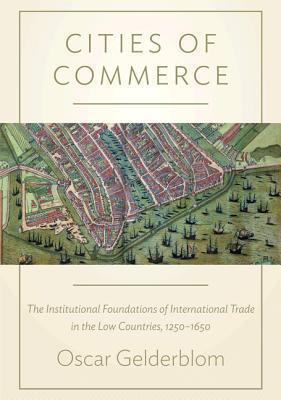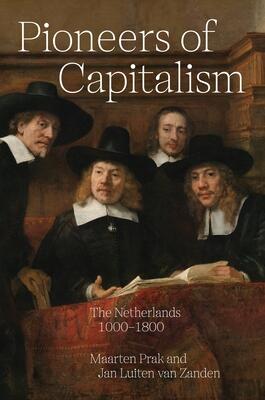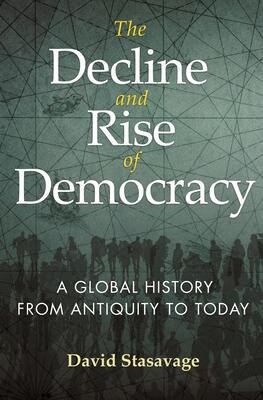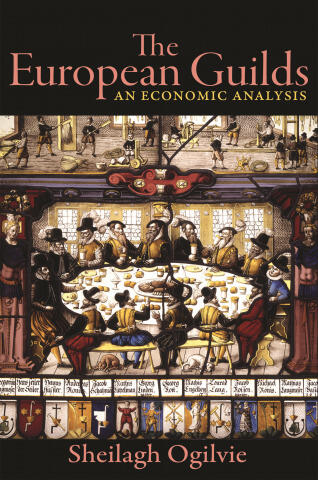
Cities of Commerce: The Institutional Foundations of International Trade in the Low Countries, 1250-1650
przez
Oscar Gelderblom
Brak ocen
Format
Twarda okładka
Strony
312
Język
Angielski
Opublikowany
Sep 8, 2013
Wydawca
Princeton University Press
ISBN-10
0691142882
ISBN-13
9780691142883
Opis
Oscar Gelderblom's exploration into the dynamics of commerce in the Low Countries during a pivotal era presents a rich narrative filled with insights about the interplay between cities and trade. By examining the period from 1250 to 1650, the author sheds light on how urban rivalries fostered innovative institutional frameworks that transformed economic practices. These cities, characterized by their bustling market activities, became crucial arenas for negotiating trade agreements and establishing merchant networks.
The book delves into the complexities of trade relationships, detailing how competition among urban centers led to the creation of legal and economic institutions that laid the groundwork for modern commerce. Gelderblom meticulously analyzes a variety of historical case studies, illustrating how local decisions impacted broader economic trends and helped to shape international trade practices.
Furthermore, the narrative emphasizes the significance of geography and political structures in the success of these urban centers. With detailed discussions on governance and trade policies, the author paints a comprehensive picture of how cities in the Low Countries cultivated environments that not only facilitated trade but also encouraged innovation in commercial practices.
As a result, this work serves not only as a historical account but also as a theoretical framework for understanding the evolution of commerce in Europe. By connecting past events to modern economic principles, Gelderblom offers valuable lessons on how institutional foundations can influence the trajectory of trade over centuries.
The book delves into the complexities of trade relationships, detailing how competition among urban centers led to the creation of legal and economic institutions that laid the groundwork for modern commerce. Gelderblom meticulously analyzes a variety of historical case studies, illustrating how local decisions impacted broader economic trends and helped to shape international trade practices.
Furthermore, the narrative emphasizes the significance of geography and political structures in the success of these urban centers. With detailed discussions on governance and trade policies, the author paints a comprehensive picture of how cities in the Low Countries cultivated environments that not only facilitated trade but also encouraged innovation in commercial practices.
As a result, this work serves not only as a historical account but also as a theoretical framework for understanding the evolution of commerce in Europe. By connecting past events to modern economic principles, Gelderblom offers valuable lessons on how institutional foundations can influence the trajectory of trade over centuries.
Recenzje
Nie ma jeszcze recenzji
Bądź pierwszy, aby zrecenzować tę książkę i podziel się swoimi przemyśleniami
Dodaj pierwszą recenzjęDziennik czytania
Nie znaleziono dzienników czytania
Zacznij śledzić swój postęp w czytaniu, aby zobaczyć logi tutaj
Dodaj swój pierwszy dziennik czytaniaNotatki
Dziennik transakcji
Nie znaleziono dzienników transakcji
Zacznij śledzić swoje transakcje książkowe, aby zobaczyć logi tutaj
Dodaj swój pierwszy dziennik transakcji


















